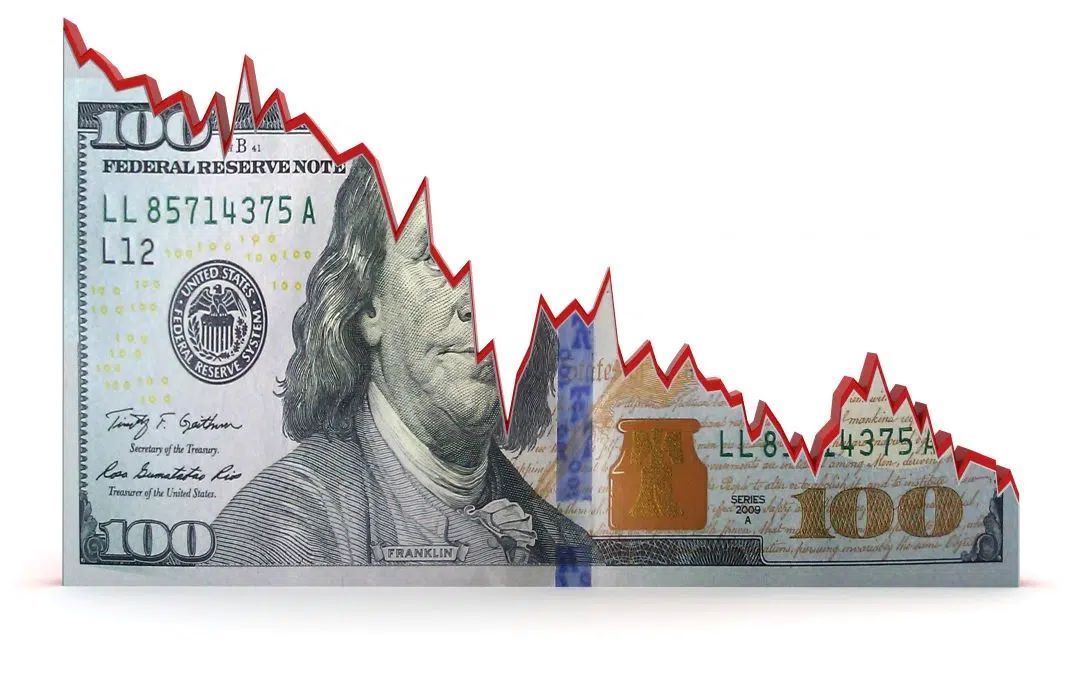Investors less likely to sell losing stocks when entire portfolio is at a loss

Investor behavior is affected by their portfolio performance.
Poor decisions aren’t generally something people are proud of. For investors in the stock market, poor decisions can lead to something more significant than lost pride – lost money.
One of the most well-known observances in decision-making among investors is known as the disposition effect. Investors impacted by the disposition effect are more likely to sell winning stocks too early and hold on to losing stocks for too long.
“People find it painful to sell a losing stock, leading to the disposition effect,” explained Baolian Wang, Bank of America Associate Professor at the University of Florida Warrington College of Business. “In this case, individual investors will be more likely to hold on to the stocks that have performed at a loss yet sell stocks that have gained value.”
The disposition effect is well known to be costly to investors, at least in the U.S., for two reasons. First, it’s known that past winning stocks continue to perform better than past losers. Second, selling winning stocks is associated with capital gains taxes.
While the disposition effect is a stock-level phenomenon, investors rarely hold single stocks. Instead, they often hold portfolios, which can include a collection of stocks, among other investments.
According to new research from Wang, the disposition effect holds if an investor’s entire portfolio is at a loss but significantly weakens if the portfolio is at a gain. The finding highlights that investors will be more likely to sell profitable stocks when their portfolio is at a loss, compared to being more likely to hold on to winning stocks when their portfolio is at a gain.
